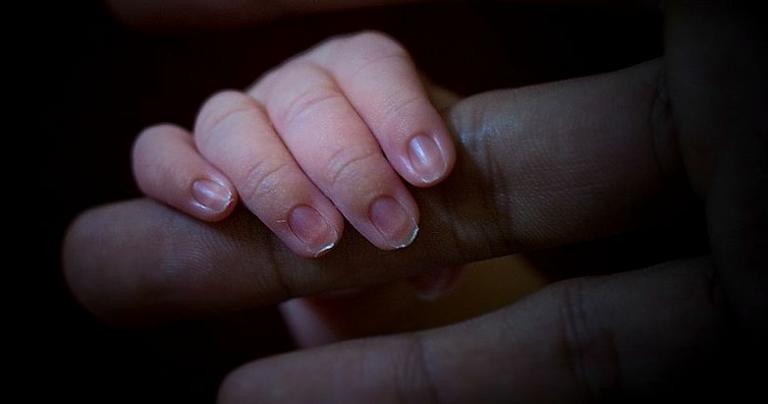
Let’s conclude our look at the tactics Christian apologists use to respond to embarrassments in the Bible and Christianity. How well do they work? Let’s find out. (Part 1 here.)
Tactic 7: Contradictions? That’s a Good Thing!
Some Christians respond to contradictions within the Gospels by saying that that’s actually a good thing, because if they were identical, we’d suspect collusion. A few inconsistencies are the hallmark of honest eyewitness accounts. Jim Wallace of the Cold-Case Christianity ministry was a detective and used his reputation to give this tactic credibility.
But by making two categories indistinguishable, this creates a new problem. Category one is what they’re referring to, accounts that are honest attempts at accurate reporting with inadvertent errors or different editorial choices. Category two has accounts that aren’t bound by what actually happened but are written with a religious agenda. How do we know which bin to put a contradiction into?
Here’s an example. The synoptic gospels (Matthew, Mark, and Luke) have the Last Supper as the Passover meal, so Jesus is crucified after the Passover meal. John has the Last Supper one day earlier so that Jesus is crucified before the Passover meal. With this change, John can make a deliberate parallel between the unblemished lambs being killed for Passover concurrent with the death of the perfect Lamb of God. Maybe that’s just how things worked out . . . or maybe John, the last gospel, deliberately changed the tradition to make that theological parallel.
This tactic mixes the two categories, and agenda-drive theology hides behind the skirts of history. Honest seekers would want those to be as distinct as possible.
Tactic 8: They’re both right
I used to be impressed when Christians would come up with some rationalization for a Bible problem, but I’ve seen it so often that now I just expect it. After all, the Church has had 2000 years to hear the problems and think up answers.
This tactic attempts to directly rebut the problem. Did Jesus heal two blind men near Jericho (Matthew) or just one (Mark and Luke)? Both are correct. Did Sennacherib attack Judah in the third year of Hoshea’s reign (2 Kings 18:1) or the fourteenth year of Hezekiah’s reign (2 Kings 18:13)? Both are correct. Was Jacob buried in Shechem (Acts 7:15–16) or near Mamre (Genesis 50:13)? Pick a contradiction, and this tactic will argue that they’re both right.
I’m sure that a few of the Bible’s many contradictions can be resolved this way, but I’m skeptical that this tactic works everywhere it’s applied.
Tactic 9: Patience
This tactic tells us that some things in the Bible are confusing and that we’ll just have to wait until we get to heaven to understand them. For example, the Christian might explain away Christianity’s inability to make sense of the Trinity by calling it a divine mystery. The Catechism of the Catholic Church says, “The Trinity is a mystery of faith in the strict sense, one of the mysteries that are hidden in God, which can never be known unless they are revealed by God.”
But if the Trinity can’t be explained so that we understand it, don’t bring it up. What sense does it make to present mysteries when the purpose of the Bible and Christianity are to educate us here, not in heaven?
(As an aside, it is extraordinary to see Christians who, in one breath, humbly admit that they don’t understand the mind of God then, in the next breath, suddenly regain their confidence and proclaim God’s very clear views on homosexuality, abortion, or some other social issue.)
Conclusion
Search Amazon for “Bible contradictions.” Half of the books will explore those contradictions from a skeptical standpoint, but the rest will pat you on the head and assure you that those contradictions don’t exist or aren’t important. Popular books defending the Bible include The Big Book of Bible Difficulties, Encyclopedia of Bible Difficulties, and Demolishing Supposed Bible Contradictions. With titles like these, at least we’re in agreement that the Bible has many problematic passages.
While the contradictions might turn potential converts away, the contradictions can actually be a plus. They make the Bible malleable. You can emphasize some verses and ignore others to create one message and then change the mix as social conditions change. When slavery is fashionable, the Bible supports it, and when slavery becomes unpopular, the Bible supports that position as well. God is merciful or strict; God is loving or violent; God is forgiving or demanding—it’s all in there. (More.)
God becomes the Christian’s sock puppet, mouthing what the Christian wants to hear while speaking with the authority of the Bible.
longest-running, most widespread,
and least deservedly respected Rorschach Test.
You can look at it and see whatever you want.
And everybody does.
— Richard S. Russell
.





















